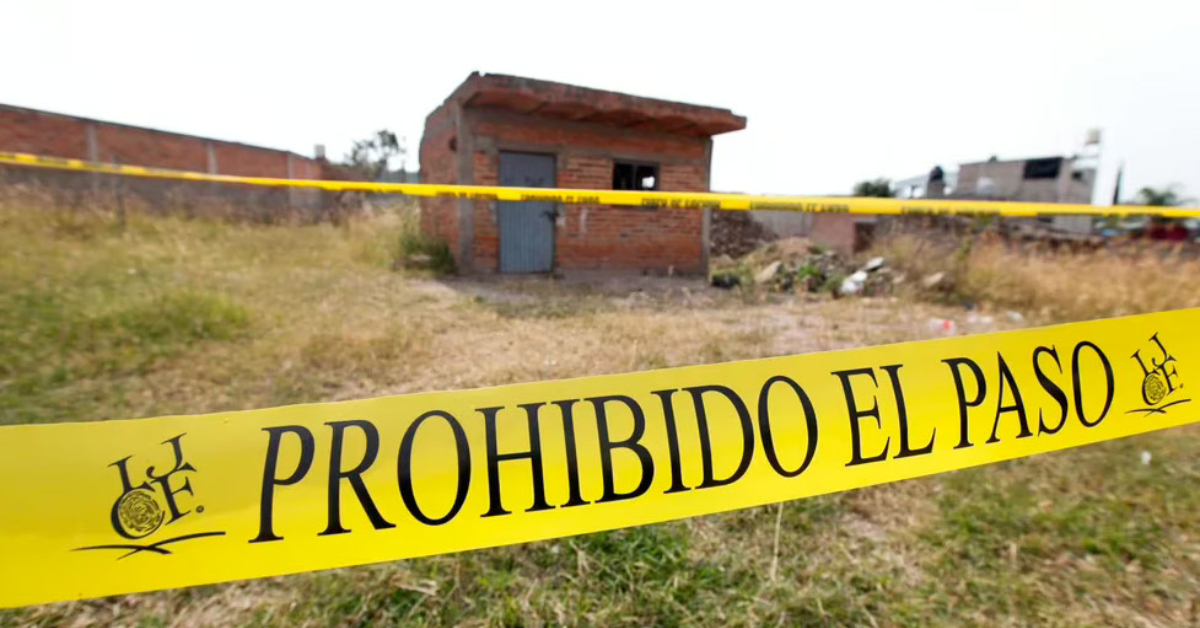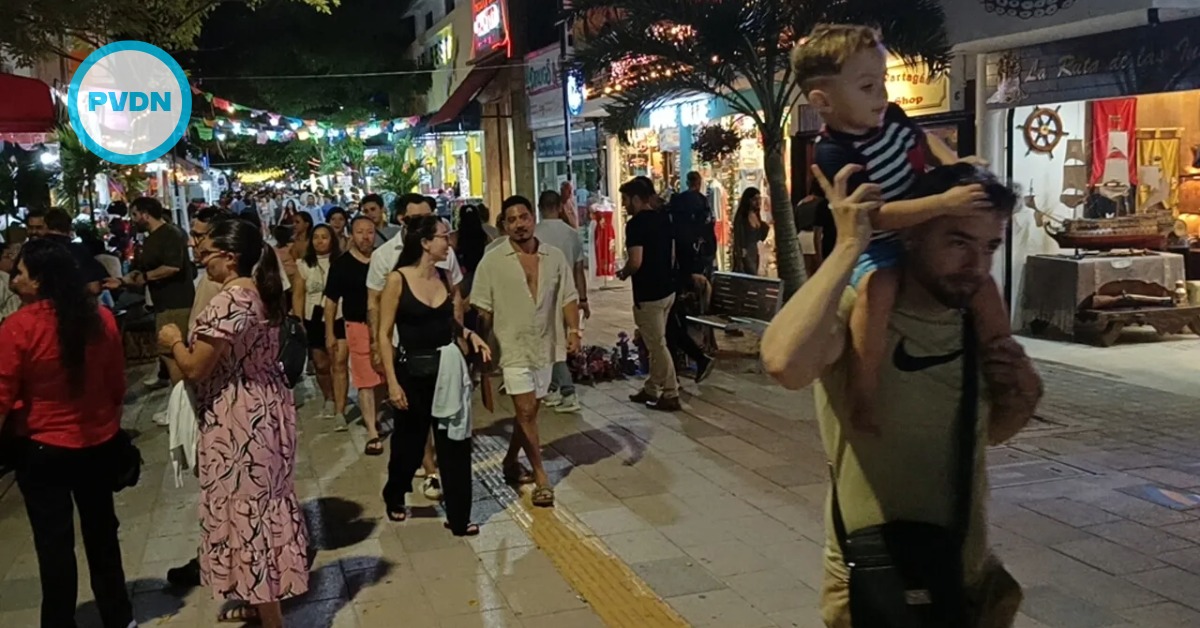Puerto Vallarta (PVDN) - Families of missing persons in Mexico have come together to launch a database of mass graves, in the hope of finding their loved ones and bringing attention to the problem of the country's 112,000 missing person cases. The families, supported by the federal government's National Search Commission, have been inspecting burial records in cemeteries in the state of Jalisco, which has the highest number of disappearances.
The database, called the Mass Graves Module, is being formed by verifying the conditions in which unidentified bodies are buried, as well as accessing documents . . .






